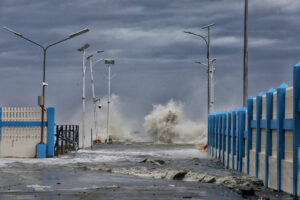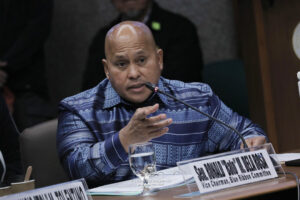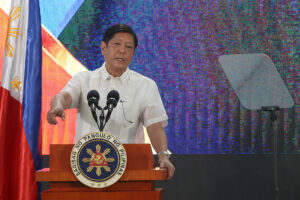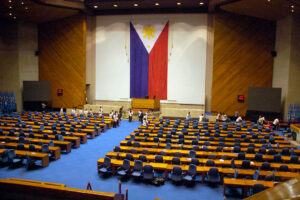
House to tackle anti-dynasty bill, push anti-corruption body before yearend
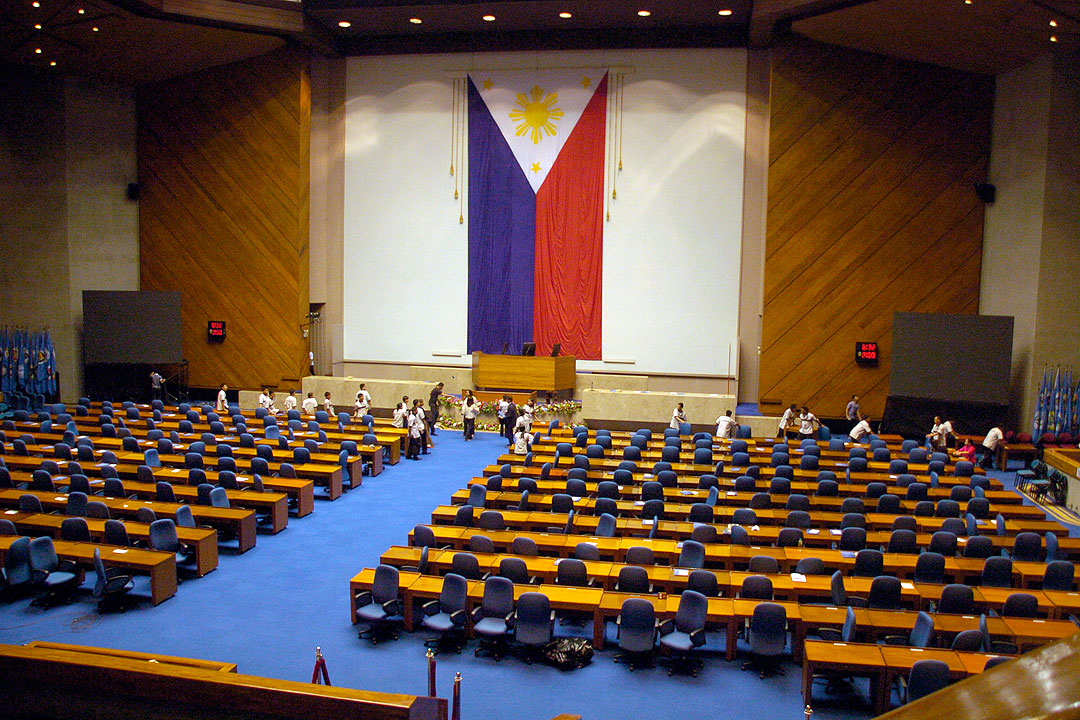
By Kenneth Christiane L. Basilio, Reporter
THE House of Representatives will jumpstart discussions on a long-sought anti-dynasty bill and pass a measure institutionalizing an anti-corruption body that will investigate public works projects before the year ends, Speaker Faustino “Bojie” Dy III said on Tuesday, as lawmakers convene for the final leg of the 2025 congressional session.
He said the measures are intended to reform governance in the country, as public trust in the government continues to erode amid a widening flood control controversy that gripped the Southeast Asian nation.
“In the face of reports of corruption and ghost projects, anger is not enough. We need solutions,” he told the House floor in Filipino.
The scandal struck a chord among Filipinos due to the scale of alleged collusion among politicians and contractors to siphon off billions of pesos from public works widely seen as essential in the flood-prone nation.
The House Speaker said the chamber will begin talks on an anti-dynasty bill, a measure mandated by the 1987 Constitution but was never enforced due to the lack of an enabling law.
“It is time to confront an issue enshrined in our Constitution: the implementation of a law against political dynasties,” said Mr. Dy, who hails from a prominent political family in the northern Philippines.
Mr. Dy’s asset disclosure document listed 16 relatives in government service, including a nephew serving as Philippine Ambassador to Switzerland. His son, daughter-in-law, and another nephew currently hold mayoral posts in cities and municipalities across Isabela province, where his family maintains political influence.
Public office in the Philippines has often been treated like heirlooms, being passed down from parents to children and even grandchildren that has entrenched families in the political system across generations and regions.
“The aim of this is not to hinder anyone, but to broaden opportunities for more Filipinos to serve and participate in government,” said Mr. Dy.
The House Speaker also said congressmen will swiftly pass a bill to institutionalize the Independent Commission for Infrastructure (ICI), pledging “zero delays” in its approval as Filipinos “have zero tolerance for corruption.”
“Our directive here is also clear: We will pass this before we adjourn this December,” he said.
Lawmakers have six weeks to approve pending bills before Congress adjourns for the year.
In a House hearing on bills seeking to institutionalize the ICI, its executive director Brian Keith F. Hosaka said the fact-finding body supports legislative thrusts to empower it further.
“In a time of deep public distrust, much is expected from a Commission tasked with investigating projects which have drained billions in public funds and exposed systemic weakness in our government,” he said. “We believe that given the gravity of this undertaking, the proposed investigative body tasked to examine these projects must be vested with expanded powers.”
House Deputy Minority Leader and Party-list Rep. Leila M. de Lima said in the same hearing her proposed House Bill No. 4453 will empower the ICI with the capability to conduct more comprehensive inquiries into alleged infrastructure spending anomalies and recommend charges against those implicated.

